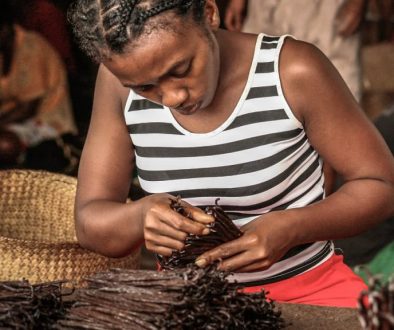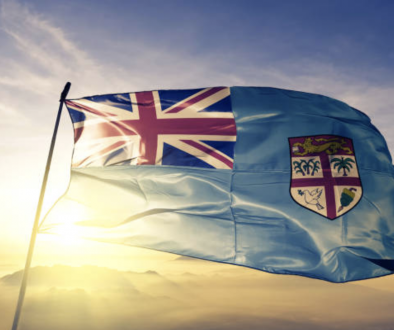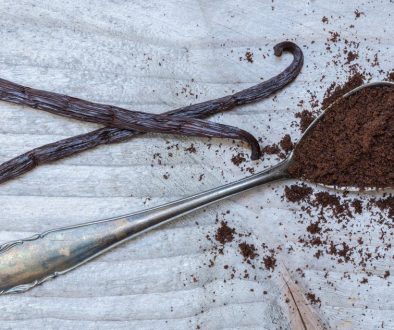Media Release
April, 2020
Vanilla Bean scarcity a blow to
chefs and food industry
A Fijian company has identified the recent record high world prices for vanilla beans as a business opportunity that will generate income for the Pacific nation and help provide greater stability for the world vanilla price.
The Managing Director of Vanilla Plantations Pte Limited based in Suva, Mr Frederick Gulson said stability in supply and pricing is crucial for any commodity and so the company is planning broadacre plantings divided onto segments to be owned by a broad base of investors.
“Rocketing prices in recent years, that made vanilla the second most expensive spice after saffron, have been a bonus for Madagascan producers and show no signs of abating. However, there will be a longer-term problem if these high prices cause chefs, restauranteurs, bakers and others to seek alternatives to pure, natural vanilla, or to reduce the vanilla content of their products,” Mr Gulson said.
“Everyone on the vanilla food chain needs to operates with greater certainty. Also, this period of high vanilla cost and shortages is the time for pastry chefs and restaurants to become even more creative.”
Vanilla Flavour
The consumers love and demand for all things natural is responsible for the scarcity of vanilla.
He said vanilla supplies and therefore prices had been hit by a double-whammy in the past five years.
Firstly, prices surged after major user Nestlé announced in 2015 that because consumers wanted “pure and natural” products rather than artificial flavourings the company would phase into only natural ingredients within five years. Its “Big Food” competitors, such as Hersheys, Unilever and Mars, followed suit. Demand for vanilla therefore surged and with it the price.
Secondly, these higher prices then lead to theft of vanilla beans in major producing countries, notably Madagascar, so growers began harvesting beans too early before they reached full maturity. This further cut the yield of the key ingredient, vanillin that gives the unique vanilla flavour. This lifted prices even higher but quality suffered.
A spokesman for major food company, Mars, said it was absolutely critical that their supply chains remain sustainable as an absence of key raw materials means their products are compromised.
“Nestle, Unilever and General Foods are the three companies that control about 80% of the products on North American supermarket shelves. They decided they wanted their main- stream products to feature natural products and ingredients in place of artificial labelling. It was almost a perfect storm to create an environment for higher prices,” David van der Walde, a Director of the Canadian based vanilla importing company, Aust & Hachmann said.
Mr Gulson said that the supply-demand imbalance will be around for years until new producers, such as Vanilla Plantations Pte Limited in Fiji, come on line.
“There is room for substantial regional expansion led by Vanilla Plantations Fiji without affecting world vanilla prices,” Mr Gulson said.
Major markets
The United States is the world’s largest consumer of vanilla, followed by Europe, notably France.
The dairy processing industry uses a large percentage of the world’s vanilla in ice creams, yoghurt (fresh and frozen) and other flavoured dairy products. Chocolate products, soft drinks and perfumes also absorb a large part of world supply.
Carol McBride, the US Vanilla Category Manager at Symrise, one of the world’s leading suppliers of essence, flavours and ingredients said that the amount of vanillin in all the vanilla beans in the world is not sufficient to flavour everything that everyone wants to flavour with vanilla.
Media Contact: Fred Gulson +61 408 440 816, Bob Lawrence +61 412 280 222


